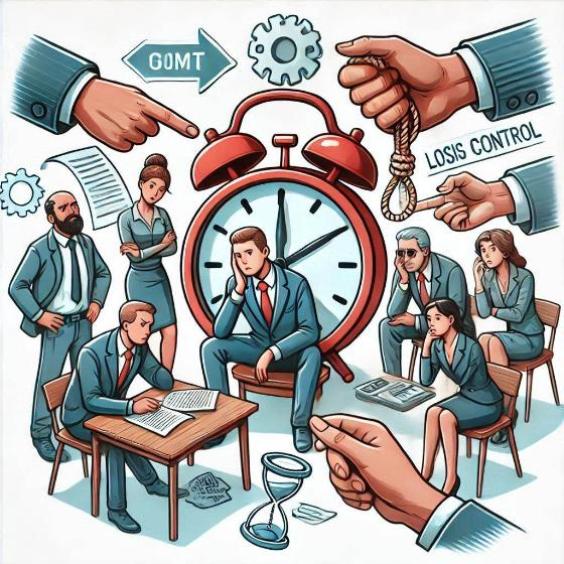How to Handle Difficult Negotiation Situations Without Losing Control
In the business world, difficult negotiation situations are common. Whether you're trying to close a deal with a demanding client or trying to reach an agreement with a business partner, it's important to know how to handle these situations without losing control. In this article, we'll provide you with some tips and strategies to help you navigate the turbulent waters of negotiation and come out successful.

Preparation is key
Before entering a difficult negotiation, it is essential that you prepare adequately. This includes:
- Researching the other side: Find out as much as you can about the other party, including their objectives, needs, and limitations.
- Defining your objectives: Clearly establish what you want to achieve in the negotiation and prioritize your objectives.
- Developing a strategy: Think about different scenarios and develop a strategy for each one.
- Practicing your communication skills: Make sure you can express your ideas clearly and effectively.
Stay calm and objective
In difficult negotiation situations, it's easy to lose your cool and let emotions take over. However, it's essential to stay calm and objective. This will allow you to:
- Analyze the situation objectively: Evaluate the situation impartially and don't let emotions get the better of you.
- Make informed decisions: Make decisions based on the available information and not on emotions or impulses.
- Maintain a positive attitude: Even if the situation is difficult, maintain a positive attitude and focus on finding solutions.
Listen actively
Active listening is essential in any negotiation. This will allow you to:
- Understand the needs and objectives of the other side: Find out what the other party wants and needs.
- Identify areas of agreement: Look for areas where you can reach an agreement with the other party.
- Develop a relationship of trust: Active listening will help you establish a relationship of trust with the other party.
Use empathy
Empathy is the ability to put oneself in the other person's shoes and understand their feelings and needs. This will allow you to:
- Understand the other side's perspective: Find out how the other party feels and what their concerns are.
- Develop a relationship of trust: Empathy will help you establish a relationship of trust with the other party.
- Find creative solutions: Empathy will allow you to find creative solutions that satisfy the needs of both parties.
Handling difficult negotiation situations without losing control requires specific skills and strategies. By preparing adequately, staying calm and objective, listening actively, and using empathy, you can navigate the turbulent waters of negotiation and come out successful. Remember that negotiation is a process of communication and collaboration, and the key to success is finding solutions that satisfy the needs of both parties.





